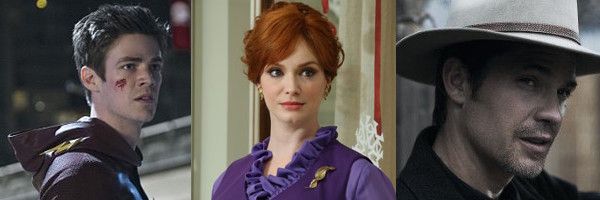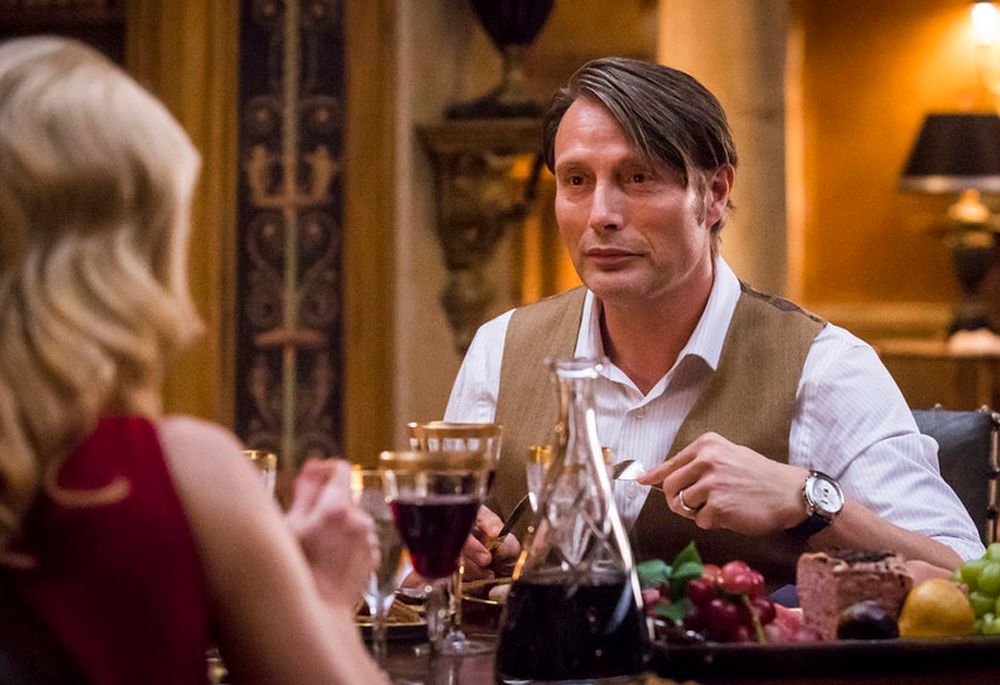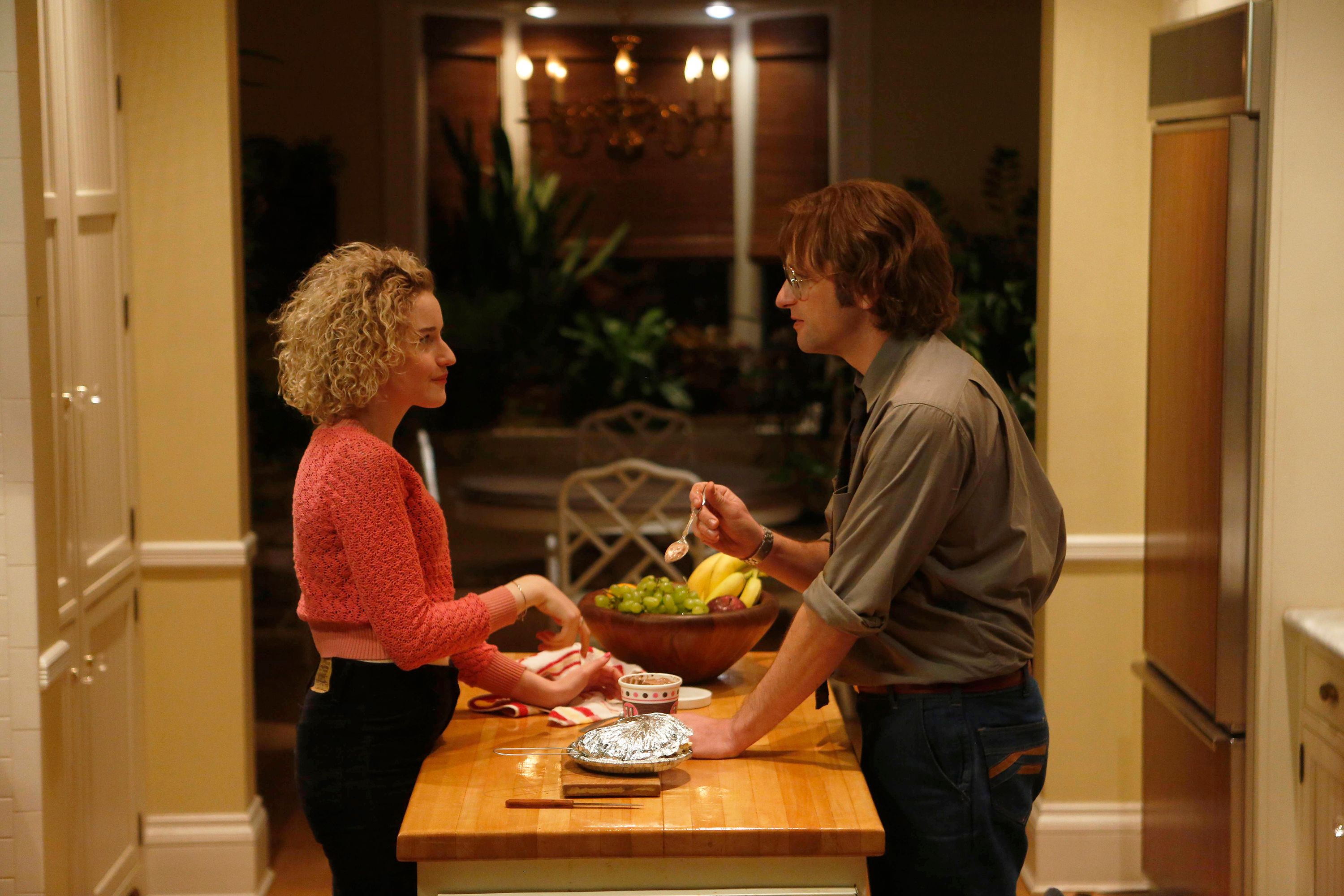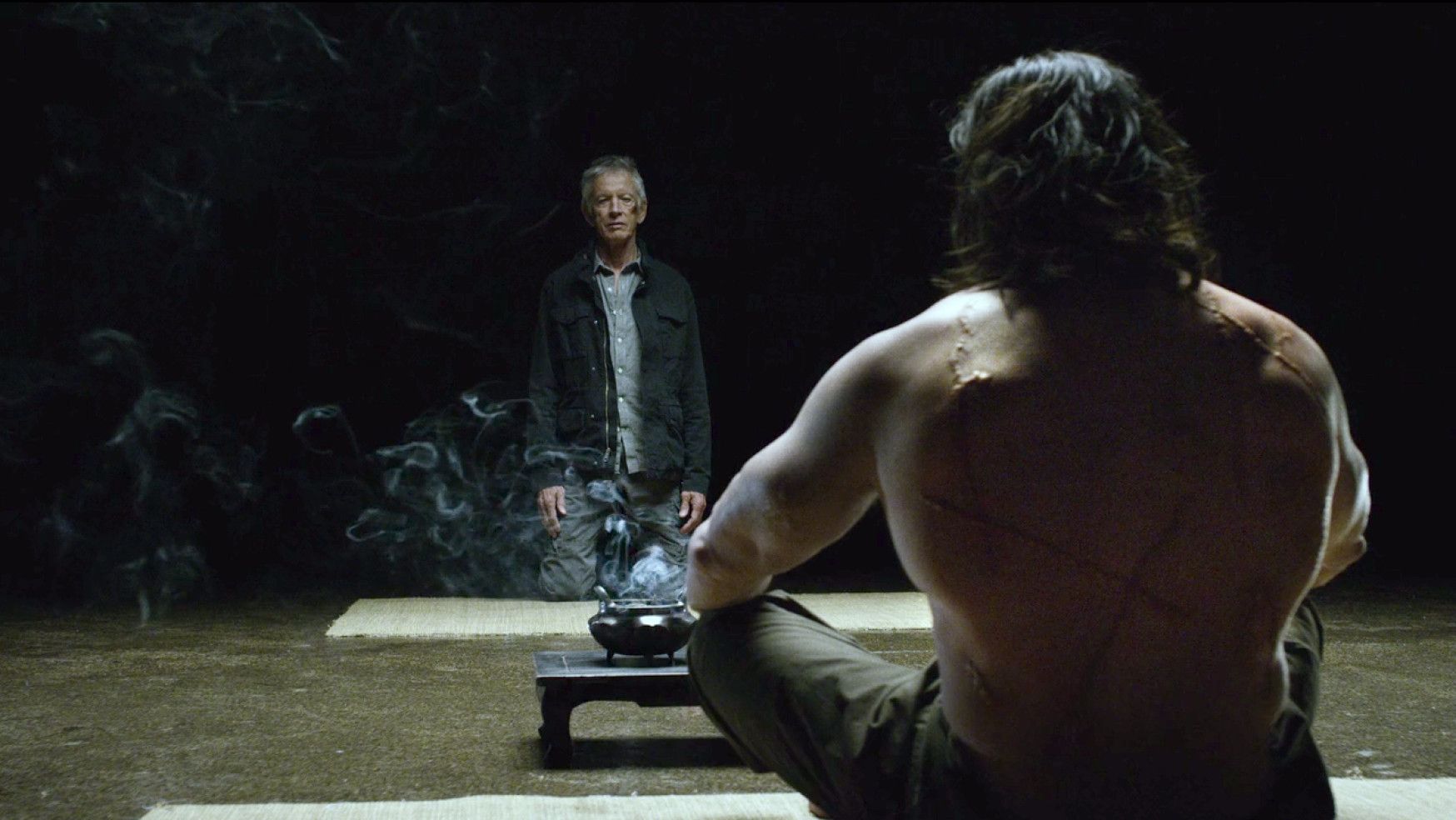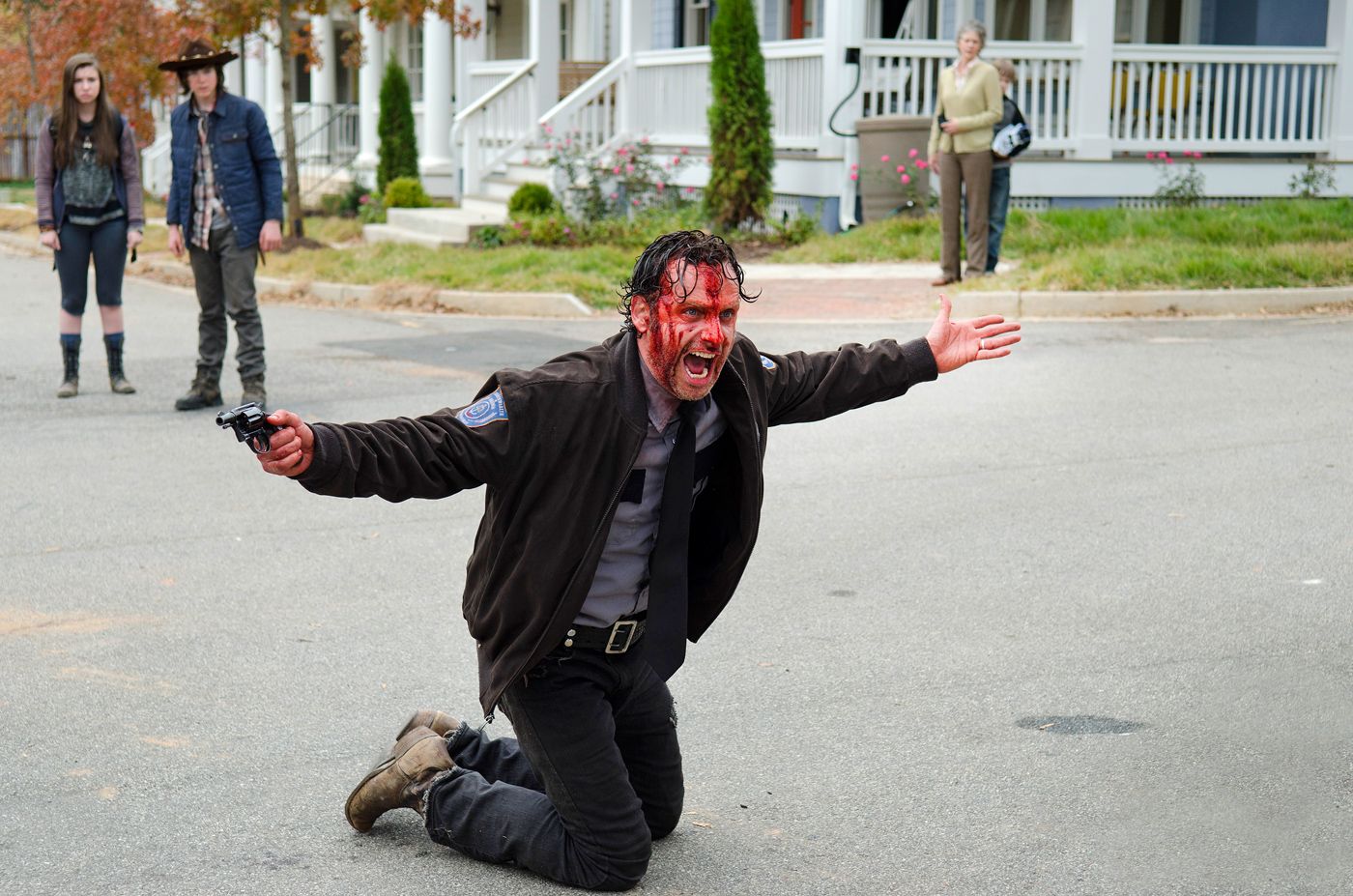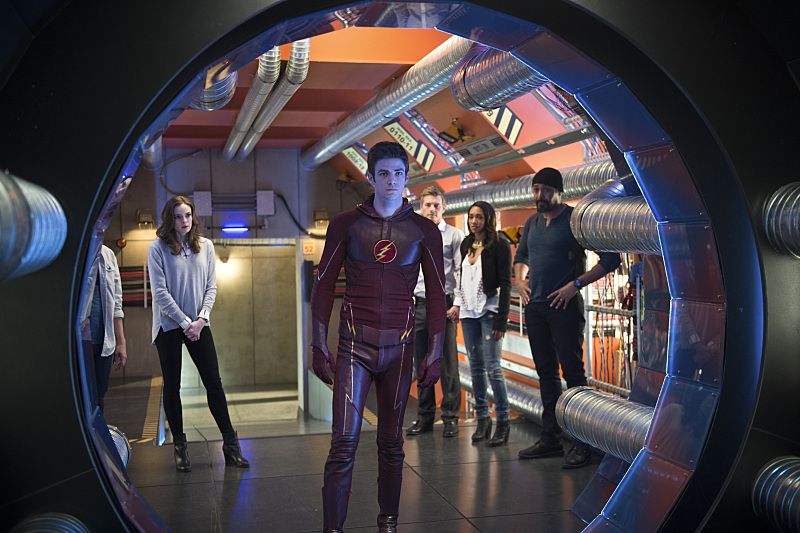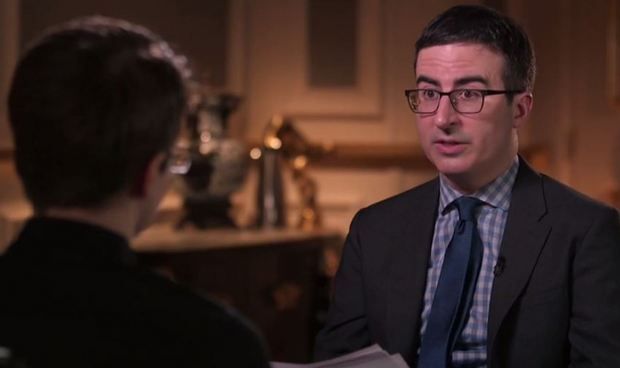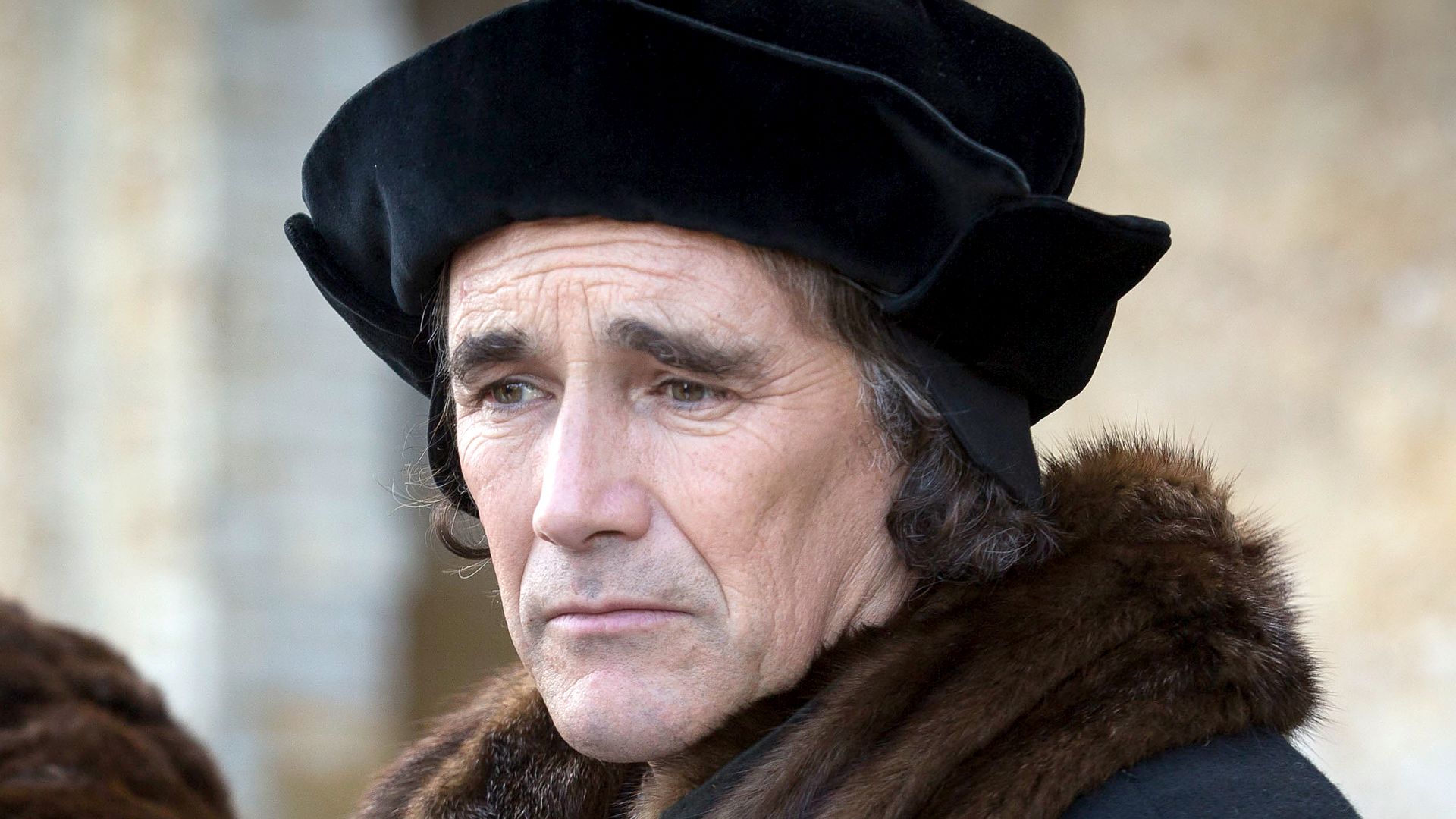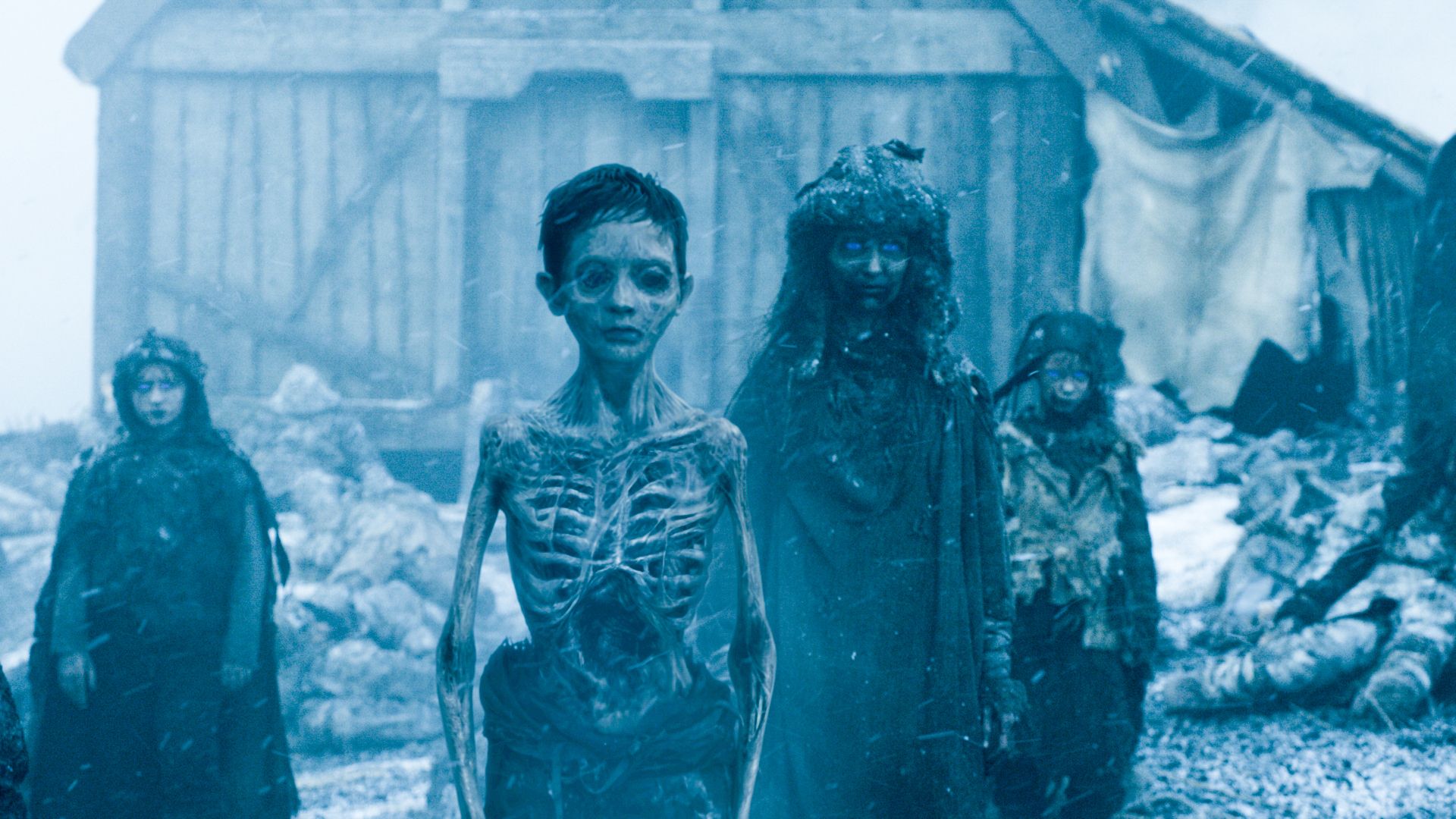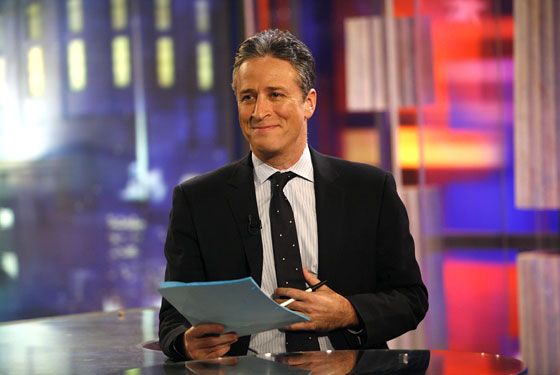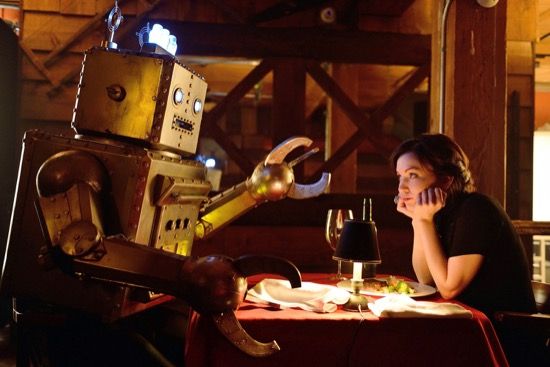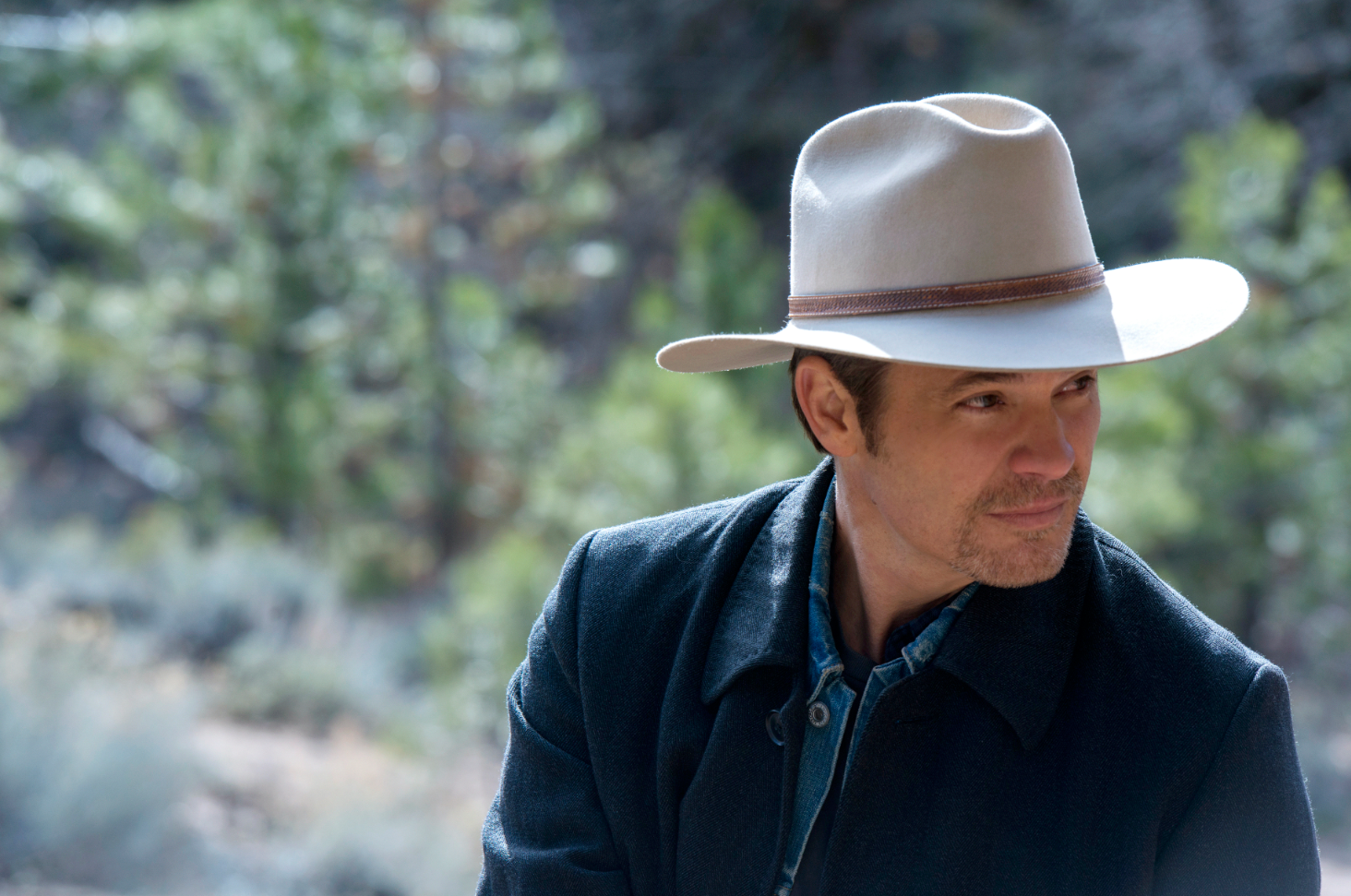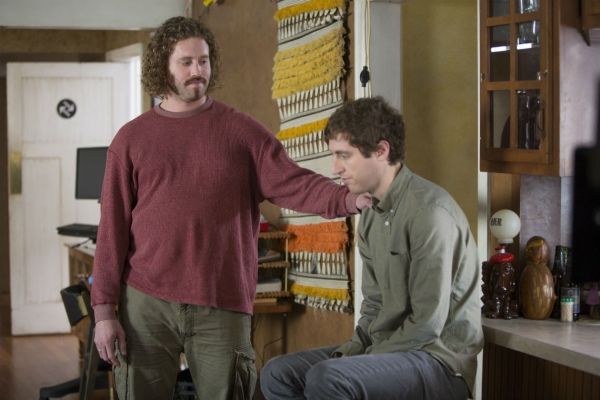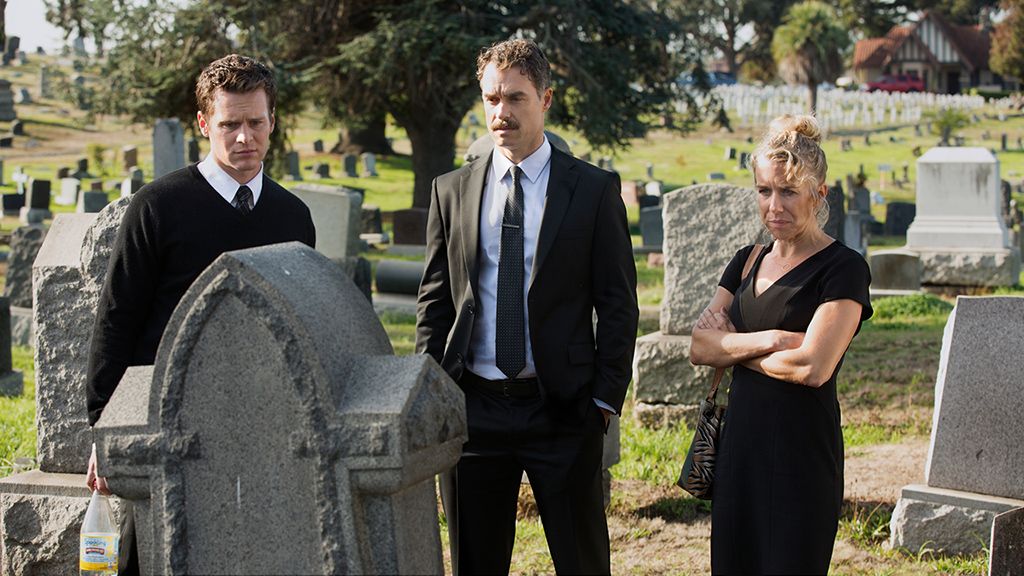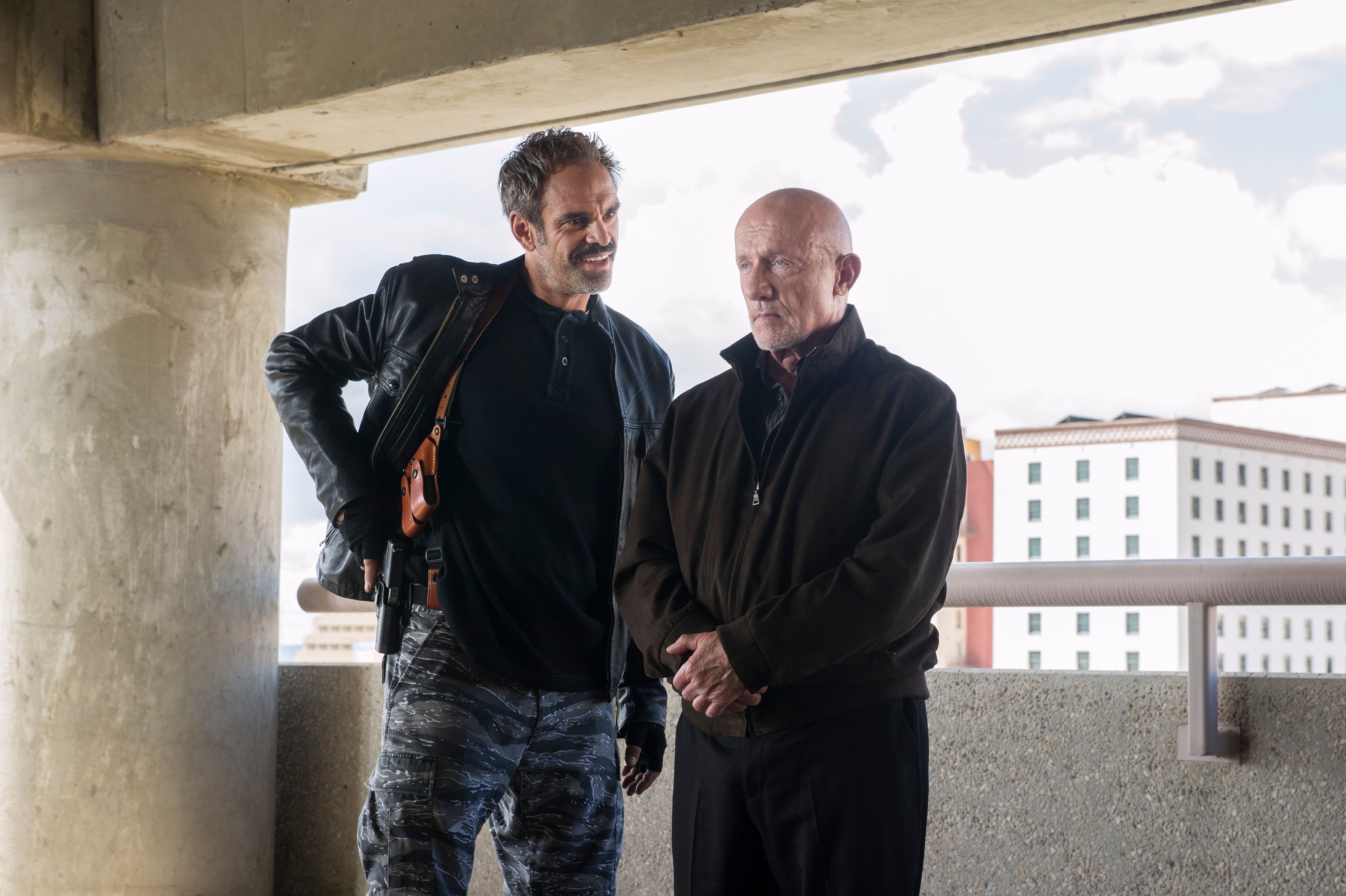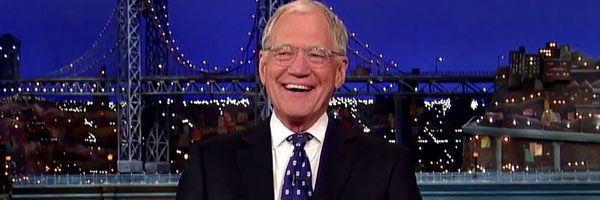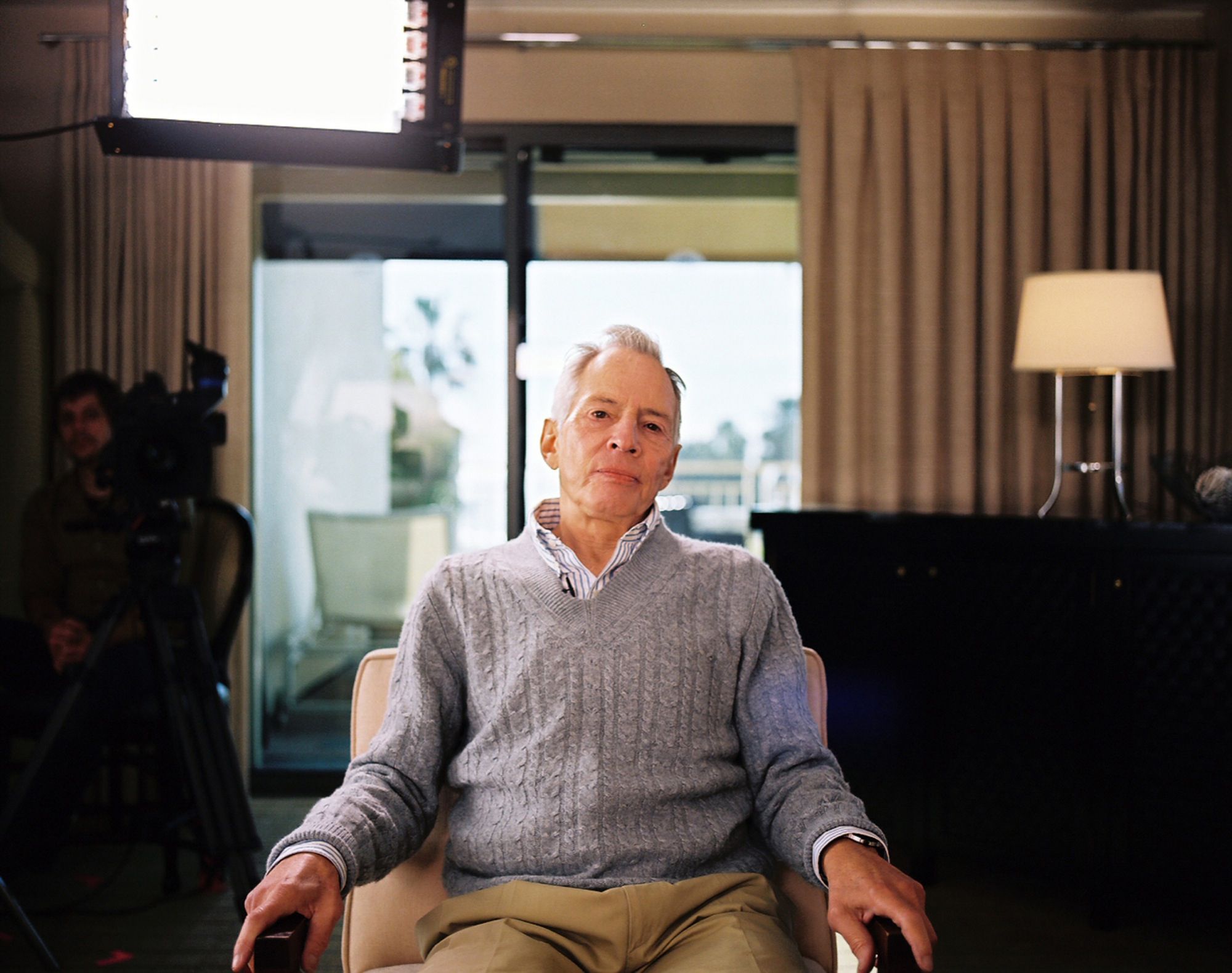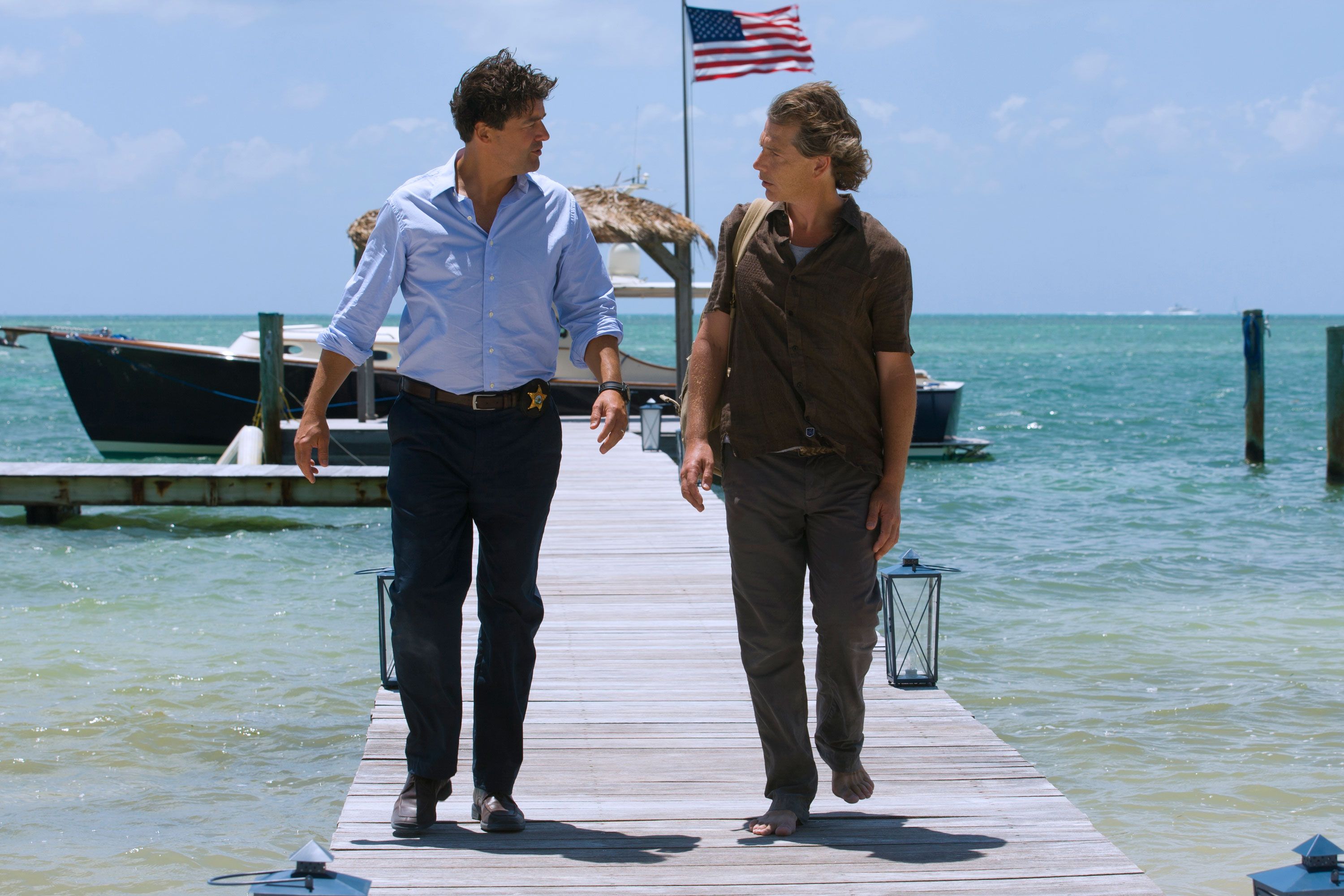This article originally posted in July, and we are bringing it back to the forefront to pair with our Best Episodes of the Year Part 2, coming up tomorrow.
It’s difficult enough to make a list of the best TV shows currently on the air, but an even more excruciating task is to pick out the best episodes. And then to cull them down to the best of the best? Nigh impossible, but Chris Cabin and I have attempted it with our list of the Best TV Episodes of 2015 (so far -- we set our cutoff in early June). By the time December rolls around (Edit: here we are!) and we are finalizing our year-end lists, some of the earliest episodes of 2015 end up forgotten or lost to time. So this year, we wanted to make sure that we gave credit in due time.
Our (unranked) list is below. You’ll also find a robust inclusion of Honorable Mentions at the bottom. But mostly, this list is about episodes that really stood out, not just within their series, but within the early 2015 TV landscape at large. Check it out below, and click on the episode title links to find the corresponding recap. And of course, don’t forget to add your thoughts and additional suggestions for your favorite episodes so far in the comments.
Hannibal Season 3: “Antipasto”
Writers: Bryan Fuller and Steve Lightfoot
Director: Vincenzo Natali
“Aesthetics become ethics,” says the titular gentleman-cannibal in the fiery, fantastic season premiere of Hannibal Season 3, and that ultimately is the whole game with Bryan Fuller’s magnificent adaptation of Thomas Harris’s Hannibal Lecter novels. And unlike almost any other show in the history of NBC, which recently (idiotically) cancelled the program due to low ratings, Hannibal is a show dedicated not only to the details of framing and composition but to imagistic rhythms and the power of expressive editing. “Antipasto” unravels like a fever dream, lush in its use of slow motion, dissolves, montages, and a variety of precise camera movements. Seeing as the episode is entirely devoted to Hannibal and Bedelia’s doings in Florence, the stylistically furious excesses perfectly mirror our anti-hero, liberated from the empathy and law of Will Graham, but as we’ve seen, that doesn’t last for too long. -- CC
The Americans Season 3: “Salang Pass”
Writers: Stephen Schiff
Director: Kevin Dowling
Matthew Rhys had an exceptional season on The Americans as the Russian spy Philip Jennings, but he was never more nuanced than in “Salang Pass.” Deftly juggling multiple personalities and relationships in order to complete his spy missions, viewers finally got to see how it all began, with a series of harrowing flashbacks to Philip’s training. That, coupled with Philip’s interactions with his wife Elizabeth (Keri Russell) and others, allowed The Americans to reach new heights and tragic depths of honesty. It also perfectly encapsulated Philip’s arc throughout the season, and proved single-handily why The Americans is one of the year’s best shows. -- AK
Marvel’s Daredevil Season 1: “Stick”
Writer: Douglas Petrie
Director: Brad Turner
Among the slew of great fight scenes that litter Marvel's superb Daredevil, my favorite scenes continue to be the titular superhero's interactions with his mentor, Stick, played with cynical charm and odd grace by the great Scott Glenn, who was introduced about halfway through the first season. The character of Stick is, in several ways, a refraction of Matt Murdock, played by the tremendously talented Charlie Cox, and he gives a sense of the more enticing demons that Murdock has been grappling with in his path to becoming Daredevil. Where Murdock believes in punishment, Stick believes in biblical retribution and death, and both their fights and discussions outline the moral concepts that back their separate beliefs. There are better action sequences in other episodes but this was the episode that confirmed that Netflix had indeed succeeded where several major studios have failed spectacularly, as far as comic book adaptations go. -- CC
The Walking Dead Season 5: "Try"
Writer: Angela Kang
Director: Michael Edison Satrazemis
By the time our heroes arrived at the Alexandria Safe-Zone, the fifth season of The Walking Dead had already ascended to new heights of humanistic and political complexity that belied its roots in lo-fi, brazenly liberal horror, which the show continues to indulge in. The show’s fascination with societal strife and the moral indiscretions inherent in warfare hit a boiling point in “Try” and it doesn't settle down until the devastating final seconds of “Conquer.” As Rick (Andrew Lincoln) ponders taking the Safe-Zone for his people, the underlying question is how much one can excuse moral principals when at war, and exactly how these principals are meant to be rebuilt when they can be so easily compromised or tossed aside. The episode ends with a brutal fistfight in the middle of the town, and in relation to the social tension in the zone, the bloody combat feels simultaneously cathartic and quietly damning. -- CC
The Flash Season One Finale: “Fast Enough”
Writers: Gabrielle Stanton, Andrew Kreisberg
Director: Dermott Downs
The Flash capped off its fantastic inaugural season with an episode that was the perfect culmination of what made it good all year: “Fast Enough” was full of crazy things like the multi-verse of time travel, and yet, it was still fully grounded in human emotion. Star Grant Gustin was a stand-out as he wrestled with the potential consequences of going back to stop his mother’s death, while still having to relive that horror all over again. Across the cast, new superpowers were revealed, sacrifices were made, romances were started, father issues were sorted out, and the show ended on an immense cliffhanger that threatened to destroy everything — all in a frenetic hour that still made plenty of time for its biggest emotional moments. One of the year’s most engrossing hours of television by a mile. --AK
Last Week Tonight with John Oliver Season 2: “Surveillance”
The question begged by “Surveillance,” only the most remarkable episode of Last Week Tonight’s groundbreaking second season, is really simple: Why did Edward Snowden trust John Oliver with this interview? The kicker is that Oliver even asks this question to his crew when Snowden is late for their lengthy, uproarious, and insightful discussion about the surveillance state that Snowden helped out. Oliver, as always, is near surgical with the way he excises the bullshit from any debate, while also developing comic excursions to highlight the inherent absurdity of the institutions he so regularly disassembles with irrepressible fascination, empathy, and, yes, fury. “Surveillance” felt so prescient in the weirdly anti-climatic dissolution of what I’m sure will only be the first round of such pro-data collection arguments and laws, but the way Oliver reconsiders the surveillance arguments in terms of dick pics, or how he grills Snowden on the very real dangers of his actions, is timeless comic curiosity and certainty, which Oliver has honed into a sharp point. -- CC
Wolf Hall Miniseries Finale: “Master of Phantoms”
Writer: Peter Straughan
Director: Peter Kosminsky
Wolf Hall was fantastic on every level, but its finale, “Master of Phantoms,” was positively haunting. It saw Anne Boleyn (Claire Foy) liberated from her head in an emotional and excruciatingly drawn-out sequence that essentially made the ax man’s blade a welcomed relief. It also solidified Thomas Cromwell’s (Mark Rylance) place in King Henry VIII’s (Damian Lewis) court, and proved that Cromwell was willing to do whatever necessary to make sure he stayed in the King’s good graces. And yet, Cromwell’s connection with Anne was strong, and Rylance silently conveyed the pain of his necessary choice, particularly as the episode came to a close and Henry exuberantly embraced him. (It was a feeling Cromwell did not share, as he knows he was dangerously close to having been in Anne’s place on the gallows). “Master of Phantoms” was a difficult and outstanding hour of television (that I wrote even more extensively about here). -- AK
Game of Thrones Season 5: “Hardhome”
Writers: David Benioff, D.B. Weiss
Director: Miguel Sapochnik
In a Game of Thrones season that started off exceptionally strong and then became confused and mired in a lot of sexual abuse as it continued, “Hardhome” was a stand-out episode that brought things back to the magical (even though it was dark magic). Though there were many great scenes throughout the episode (including our first chance to see Peter Dinklage’s Tyrion Lannister and Emilia Clarke’s Daenerys Targaryen paired up in conversation), the hour concluded with an outstanding scene neither book readers nor fans of the show were expecting, which made it electric in its energy. The use of most of the show’s CG budget was worth it, as it allowed for a stunningly rendered and chilling attack by frost-bitten zombies, with a leader whose show-stopping war tactic is to reanimate the slain into his army of the dead. The manic, occasionally heart-wrenching fight sequences (and also glorious, like when Kit Harington’s Jon Snow wielded Longclaw in slow motion), were balanced beautifully by the silence at the end. The remaining men of the Night’s Watch and the surviving Willings floated out on boats onto the icy river, watching as their dead rose again, ready to kill. It reminded us that in this world, anything is possible. -- AK
The Daily Show: “6/16/2015” & “6/18/2015”
We’re still a few weeks off from Jon Stewart’s final bow on The Daily Show, the end of one of the great host runs in the history of television, but these past weeks have offered visceral reminders of what we’ll be missing in his absence. In the roll up to the “cup of hot sadness” that will be his exit, Stewart has had at least two episodes that would qualify as canonical, and these two episodes highlight the breadth of Stewart’s influence. In the “White House Don” segment on June 16th, his sardonic joy over Donald Trump’s presidential announcement proved irrepressible, picking apart the more ludicrous bits of Trump’s speech following his announcement, capped by fake orgasms and an inspired bit by Jessica Williams. And on the June 18th episode, the host gave a stark and sincere reaction to the Charleston shootings that felt unerringly sober and appropriately angry, only to then cede the stage to Pakistani activist Malala Yousafzai to discuss the true worth of peace-keeping and political activism. In these two very different episodes, it became staggeringly clear how tough the job Trevor Noah just signed up for is going to be when he actually takes the desk this summer. -- CC
Man Seeking Woman: Season 1: “Woman Seeking Man: ‘Teacup’”
Writer: Sofia Alvarez
Director: Tim Kirby
Somewhat hidden away on FX’s comedy sister channel FXX, Simon Rich’s surreal, dating-focused series Man Seeking Woman — starring Jay Baruchel as the hapless Jay Greenberg — ended up being one of the year’s most innovative and perceptive shows. But it may have reached its zenith with its gender-swapped episode “Woman Seeing Man,” which not only played on typical female-centric dating tropes, but also subverted the series’ own style. By taking a break from the singular focus on Jay’s dating life, it allowed his sister Liz, played by Britt Lower, the ability to take the reins and really shine. It shifted to a similarly structured, yet entirely different kind of feel for the series — one that focused more specifically on Liz’s fears and insecurities — and in doing so, ultimately created a sincere portrait of modern dating for both genders. -- AK
Justified Series Finale: “The Promise”
Writers: Graham Yost, Fred Golan, Dave Andron, Benjamin Cavell
Director: Adam Arkin
It’s a beautiful thing when a series has the opportunity to build to and craft the finale it wants (and gives viewers one we deserve). Justified did just that with “The Promise.” Its series finale provided an iconic showdown between Raylan Givens (Timothy Olyphant) and the creepster Boone (Jonathan Tucker), and on the lighter side, even gave Raylan a new hat. He was able to say goodbye to everyone he (and we) knew and loved in Kentucky, but the hour’s climax hinged on a life-changing decision about Boyd (Walton Goggins) that sealed the final chapter. An time jump epilogue then answered any lingering questions about our major characters, closing Justified’s story completely and with great satisfaction. It should go down as one of the best series finales in television, which is fitting for one of television's all-time greatest shows. Sealing its fate once and for all, it concluded with the best, most heart-wrenchingly and damned honest truth possible: “we dug coal together.” -- AK
Silicon Valley Season 2: “Server Space”
Writer: Sonny Lee
Director: Mike Judge
Mike Judge’s comedy Silicon Valley is focused specifically on the effects of money and class on personal grudges and hang-ups, which all of Judge’s other projects have essentially been fascinated with in each episode. This even, arguably, goes for Beavis and Butt-head. But “Server Space” fashioned one of the best self-contained narratives of a very funny and surprisingly moving season of television. The inclusion of the neighbor with the ferrets and all the business with the great hell that is the Silicon Valley real estate market gave an even deeper specificity to the environment that Pied Piper was growing. The decision to build the servers inside their house is a major step in the characters’ independence, and the company, an effort lead by Thomas Middleditch's Richard and Martin Starr’s terminally sardonic Gilfoyle. This felt like the most substantive slice of what the life of a small business is like -- a comic approximation, but a well-studied and sincere one nonetheless. -- CC
Looking Season 2: “Looking for a Plot”
Writer: Jhoni Marchinko
Director: Andrew Haigh
It was very, very hard to choose just one episode of Looking to highlight. Every episode is so lovingly crafted, and its acting so achingly real. But while “Looking for Truth” and “Looking for Gordon Freeman” were close runners up, “Looking for a Plot” truly stands out as one of the best episodes of television so far this year. It starts as the aftermath of a horrendously embarrassing night for Patrick (Jonathan Groff), but then pivots once Doris (Lauren Weedman) gets a text and declares, “Oh fuck, my dad’s dead.” She sets off with Dom (Murray Bartlett), and also Patrick accidentally in tow, as the trio engage in a kind of Odyssey back to Dom and Doris’ childhood home town of Modesto. Their journey, and the discoveries made about each by them and for us, was so emotionally raw and just incredible on every level. A fantastic series reaching the pinnacle of its greatness, and transporting the audience with it. -- AK
Broad City Season 2 Finale: “St. Marks”
Writers: Ilana Glazer and Abbi Jacobson
Director: Nicholas Jasenovec
Over its first two season, Broad City has related its experience with a sort of chaotic sincerity, spiraling out into wild comical absurdities and expressionistic views of life within the five boroughs, informed by intimate personal experiences. In “St. Marks,” Ilana Glazer and Abbi Jacobson press beyond these established tenants, adding some breathtaking cinematic elements (crane shots and long takes), and a primo Patricia Clarkson cameo, to this tale of getting stoned in public and robbed by rich people. In between the incomparable one-liners and sublimely irreverent exchanges, the lead duo not only reveal bigger narrative ambitions and a studied attention to aesthetics, they evoke an unfettered love for one of New York City’s most haloed realms, the titular street that used to house Kim’s Video, mecca for countless NYU film students and cinephiles. -- CC
Better Call Saul Season 1: “Pimento”
Writer/Director: Thomas Schnauz
Better Call Saul was often at its best when it distanced itself from its mothership Breaking Bad, yet the season’s penultimate episode, “Pimento,” was perfectly evocative of Breaking Bad’s signature feel without calling back to it directly. Jimmy McGill (Bob Odenkirk) discovered a major breach of trust that turned the series on its head and sent him on another path, while fan-favorite character Mike Ehrmantruat (Jonathan Banks) — who had been relegated to an oddly noir cop plot — finally got to shine as the quiet (and hugely entertaining) badass we know him to be. “Pimento” was emotional, very stylishly filmed, and full of important character development. It was also one of the best moments of an already good show, and one that made it something even better. -- AK
Late Show with David Letterman: Final Episode
Even if David Letterman’s last episode wasn’t a massive pop culture moment, it was the final bow of arguably the best late-night personality in the history of the game, and the entire episode ended up being one of the most joyous hours of television that 2015 or any other year has produced. What could have been an extended fluff job for the staggeringly influential late-night host turned into an expertly devised look at a smattering of Letterman’s A-material over the years, and how the show is produced weekly. Even if Letterman’s farewell, which concluded with the Foo Fighters ripping into “Everlong” at the man’s request, could be misconstrued as nothing more than a victory lap, the final Late Show before Stephen Colbert enters the gauntlet would qualify as the most spirited of the last decade. -- CC
The Jinx Miniseries Finale: “Chapter 6: What the Hell Did I Do?”
Writer/Director: Andrew Jarecki
With such a crowded TV landscape of both scripted and unscripted series, it’s not very often that a show so captures the zeitgeist that it drives the news cycle. But Andrew Jarecki’s carefully crafted documentary series, The Jinx, did just that. It engrossingly laid out the twisted tale of its subject, Robert Durst, while also serving as a vehicle for justice. When Durst was presented with evidence in the final episode that could, finally, send him to jail, his response (caught live on camera and, even more heart-stopping, on a hot-mic later on) was stranger than anyone could have imagined. In the rarest of moments, viewers actually witnessed a killer potentially admitting to his crimes (or at least burping a lot about them). Soon afterwards, Durst was arrested, and is now awaiting trial. It’s TV that actually made a difference. And in that moment, it also made for some of the year’s most thrilling appointment viewing. (You can also check out our full finale post-mortem discussion here). -- AK
Honorable Mentions
Outlander Season 1, Part 2: “The Devil’s Mark”
Mad Men Season 7: “Person to Person” (And our finale post-mort)
Empire Season 1: “The Lyon’s Roar”
Bloodline Season 1: "Part 1"
How to Get Away with Murder Season 1: "It's All My Fault"
Veep Season 4, “Testimony”
Bates Motel Season 3, “Norma Louise”
Fresh Off the Boat Season 1: "Fajita Man"
Bob’s Burgers Season 5: “Can’t Buy Me Math”
Louie Season 5: “Cop Story”
The Americans Season 3: “Do Mail Robots Dream of Electric Sheep?”
black-ish Season 1: “The Dozens”

